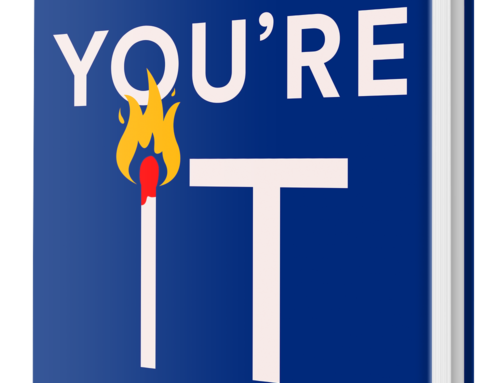 Humanitarians increasingly find themselves in conflict-stricken areas making their jobs more trying and dangerous than ever before. Yet the need has never been greater: not only must they tackle the traditional challenges of infectious disease but now must also deal with “first world” maladies such as diabetes and obesity.
Humanitarians increasingly find themselves in conflict-stricken areas making their jobs more trying and dangerous than ever before. Yet the need has never been greater: not only must they tackle the traditional challenges of infectious disease but now must also deal with “first world” maladies such as diabetes and obesity.
In this piece originally published in PUBLIC, Lenny Marcus, Barry Dorn, Eric McNulty, Isaac Ashkenazi, and Colleen Mullen argue that meta-leadership can help address these pressing needs by building connectivity between NGOs (organizations often operating in silos in the field) so that they can leverage each others resources, contacts, and expertise. A stronger network may also increase security for sometimes isolated workers far from home.
Global public health workers will need to focus not just on delivering aid but also exerting effective leadership as regards how, where, who and when these crucial efforts unfold. Poor leadership has many repercussions, one of which is a significant risk to public health.
The next decade will bring many challenges for global health workers as they negotiate fast-evolving crises, entrenched bureaucracies, resource shortages, militant actors, to name but a few. To succeed, they must be effective leaders. The cross-sector application of a framework and practice method such as meta-leadership offers the potential to build the capacity, capability and resilience to meet such challenges.







Leave A Comment